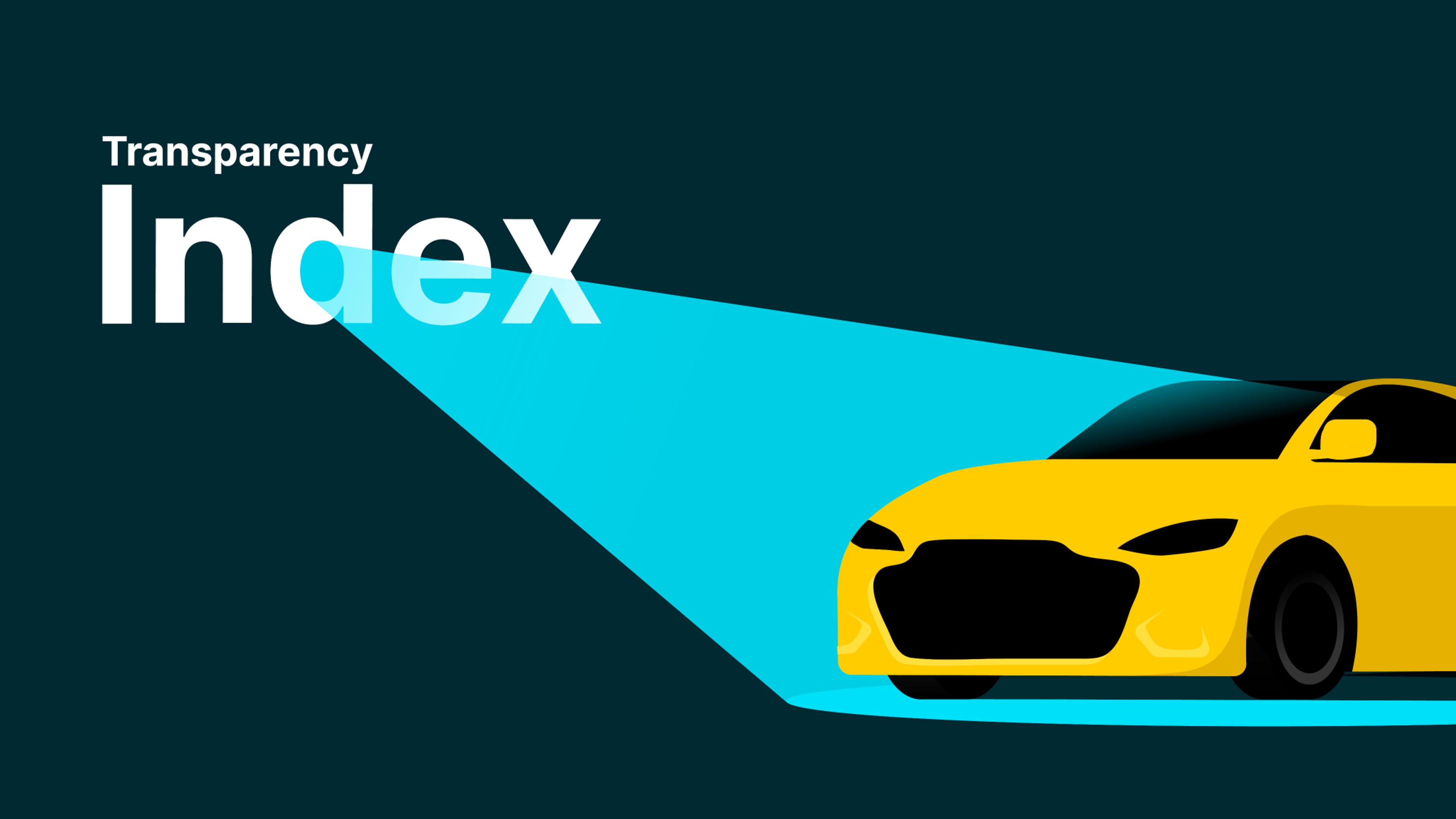04/11/2022
Introducing carVertical’s Market Transparency Index for 2022

The used car market is far from transparent, as many vehicles have hidden damages, fake mileage readings, and more. But how does the situation differ across Europe? Our team introduces the Market Transparency Index – a broad initiative to determine the relative risk of buying used vehicles between countries.
The 2022 edition of our Market Transparency Index is the first in what we aim to make an annual project. Its goal is not merely to assess the situation across the Continent, but also to track the progress of separate countries and the market as a whole.

Looks can be deceiving!
Don't risk your safety - check it with carVertical first
How was this research conducted?
Our research relies on data from actual car reports bought by customers from October 2021 to September 2022. This period of 12 months gave us a comprehensive view and allowed us to compare the situation of the used car market in different countries.
The Market Transparency Index rates national markets based on 6 factors:
- percentage of clocked cars
- average odometer rollback value in kilometers
- percentage of damaged vehicles
- average damage value
- share of imported used cars
- average age of cars checked
Not all of these factors are equally important for market transparency, therefore they have different weights in the calculation. For example, the percentage of clocked cars has a more significant impact on the score than the average age of vehicles checked.
Western countries are the most transparent (but far from fraud-free)
The 2022 Market Transparency Index has revealed that the used car market in Western Europe is more transparent than in Eastern and Central Europe. Out of 23 countries ranked, the UK is the most transparent country, followed by Germany, Italy, and France.
These countries are crucial players in the automotive industry, and also feed the rest of Europe with second-hand vehicles.
However, this doesn’t mean that the used vehicle market in Western Europe is free from problems. 1 out 7 cars in the UK has a clocked mileage, and 1 out 5 has been damaged in the past, suggesting buyers shouldn’t blindly trust sellers.
Transparency in Central Europe is average
The situation in Central Europe is worse than in Western Europe. Countries like Croatia, Czechia, Hungary, and Slovakia stand in the middle of our Market Transparency Index. They have a high number of damaged vehicles, which can be explained by high import volume.
More than half of cars checked on carVertical in Central Europe had damages. Sometimes, the damage expenses can exceed tens of thousands of dollars, suggesting a severe accident. Regardless, often these cars are fixed and sold as new.
Eastern Europe – the riskiest region to buy a used car
The used car market in Eastern Europe started to develop only in the ‘90s, therefore, transparency is still lacking. Buying a second-hand vehicle in Latvia, Lithuania, Ukraine, or Romania is risky, and you can easily get scammed.
For example, in Latvia, 23.6% of all vehicles checked on carVertical had a clocked mileage.
A high share of used car imports is one of the reasons Eastern countries are much more affected by scams. When a vehicle is bought in one country and then clocked in another, it’s hard for law enforcement to reveal such crimes.
High import volume also correlates with a high number of damaged cars – more than half of the vehicles in Eastern Europe have been in accidents.
Even a thorough inspection can’t always reveal all of a car’s hidden flaws. A history report can prevent you from buying a vehicle in poor condition. As our research has shown, car-related scams are relevant all over Europe, and there's a long way to go until the market becomes transparent.
For more information, check out the dedicated carVertical Transparency Index 2022 page.
